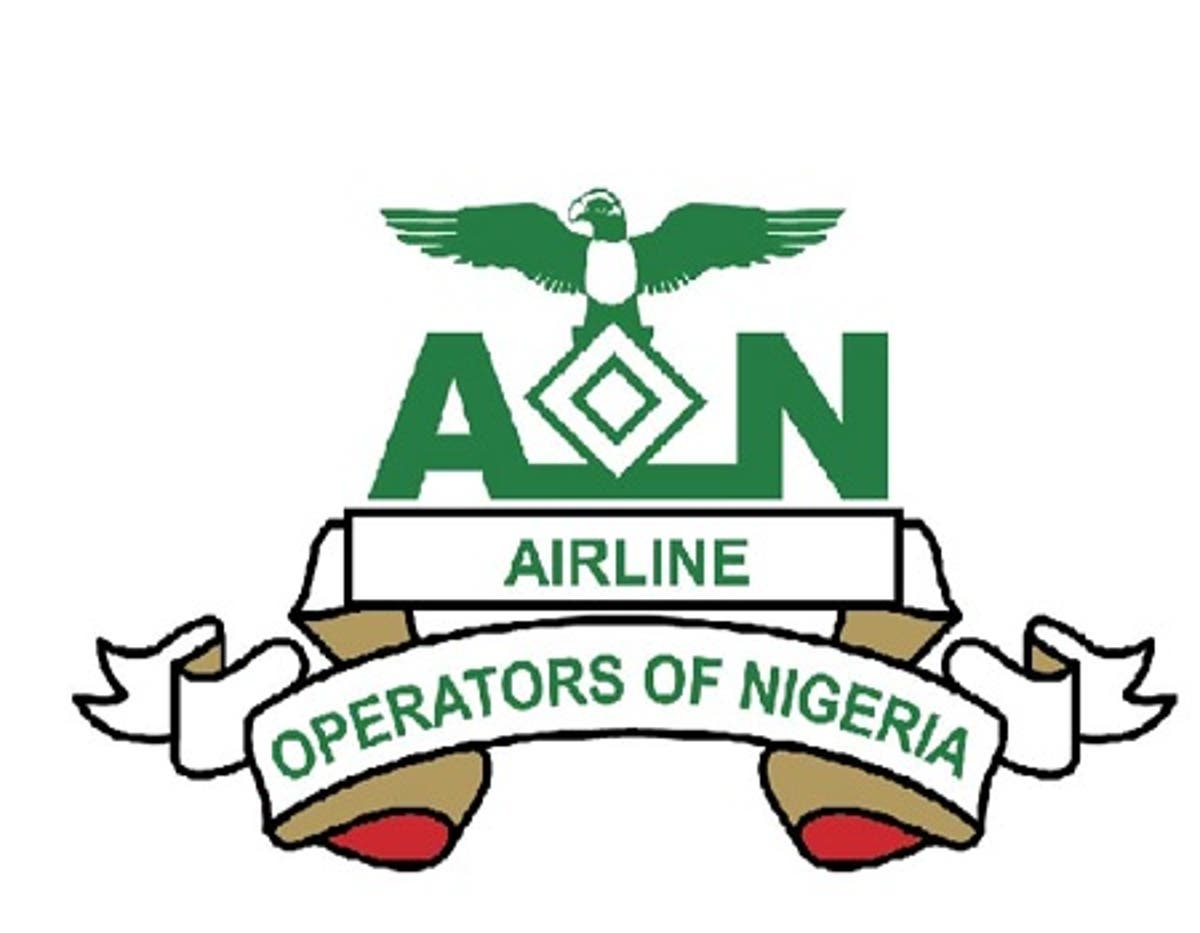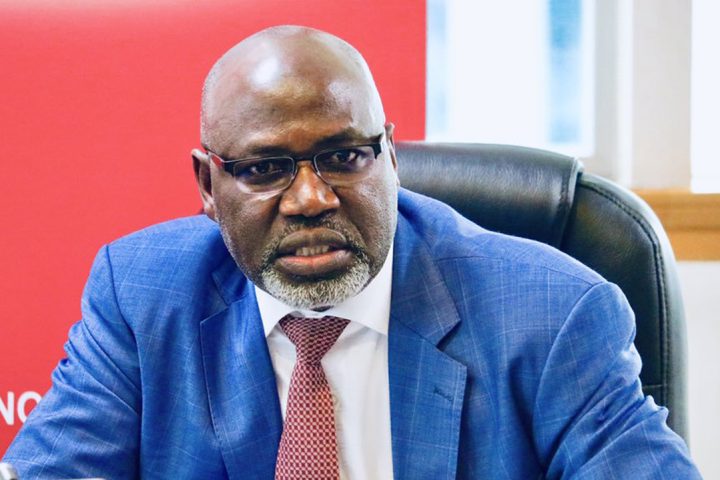With the cost of operations hitting the roof and many airlines facing liquidation as a result of scarcity and high cost of Jet A-1 (aviation fuel) and foreign exchange, Airline Operators of Nigeria (AON) have called on the Nigerian government to look into their challenges and intervene to save the sector which is critical to the national economy.
Operators in the aviation sector has in recent times been lamenting about the increasing cost of operations which are becoming unsustainable.
Join our WhatsApp ChannelREAD ALSO: Airlines Lament Additional Operating Costs As FAAN Closes Lagos Airport Domestic Runway
In a statement by the spokesman of AON, Prof. Obiora Okonkwo, the operators highlighted various issues that are currently impacting on their operations which include skyrocketing price of Jet A-1, scarcity and high cost of foreign exchange, and the recent closure of the domestic runway (18L) at Murtala Muhammed International Airport, Lagos, among others.
On the fuel crisis, Okonwko said the price suddenly rose from N200 in December 2021 to over N400 per litre in February, and today, the price has jumped to over N800 per litre. This he noted, has serious negative impacts on the operations of airlines in the country.
“On top of the continuous rise in the price of Aviation fuel, supply is at best epileptic and unpredictable at several airports across the country there by causing flight delays, and even cancellations, as airlines queue for fuel at airports across the country,” Okonkwo stated.
He said the airline operators encounter challenges in having access to foreign exchange coupled with its high cost currently.
“It is pertinent to note that airlines carry out most of their activities in US dollars which today sells for N630 to $1; and is sadly also, in short supply. To say the least, airlines are in a ‘life and death’ struggle to secure the foreign exchange that they urgently need to acquire spare parts to ensure the regular routine and scheduled maintenance of aircraft.
“This is a major influence on how quickly a grounded aircraft can be fixed and restored for flight operations, which impacts greatly on the reliability of schedules, growth of the industry and economic growth and sustainability.”
The AON spokesman further stated that the challenges of the airlines have been compounded by the recent closure of the domestic runway (18L) at MMA Lagos.
The runway was closed on July 8, 2022 by the Federal Airports Authority of Nigeria (FAAN) which said it needs to install airfield lighting. FAAN said it would last for 90 days after which it would return to full operations.
According to Okonwko, the closure was “ill-timed”, adding that airlines were given short notice before it was implemented. He said the closure has automatically added an “additional 10-15% more fuel costs per sector into and out of the domestic airport in Lagos, based on the additional flight and taxi time incurred as a result. The airlines have already felt these additional costs within the first week of the closure of the runway.
“This unnecessary burden is unsustainable for a 3-month period on the airlines; especially for the fact that the JetA1 crisis has worsened significantly and the situation remains unpredictable.”
He said the closure impacts negatively on flight schedule especially to sunset airports around the country leading to delays and cancellation of late flights to such airports.
Okonkwo said the airlines welcome effort of FAAN to install lighting on the Runway 18L, but noted that international best practice for such critical airfield infrastructure projects requires that they should have a discussion with affected parties to reach agreement on the suitable time for the closure to limit the inconvenience, economic impact and safety implications on all concerned.
He therefore, urged the Federal Government to, once again, like it has done before, look at the issues raises by the airline operators as they affect scarcity and cost of aviation fuel and foreign exchange so as to find ways of resolving the problems that were likely to cause a shutdown.
Victor Ezeja is a passionate journalist with six years of experience writing on economy, politics and energy. He holds a Masters degree in Mass Communication.



















Follow Us